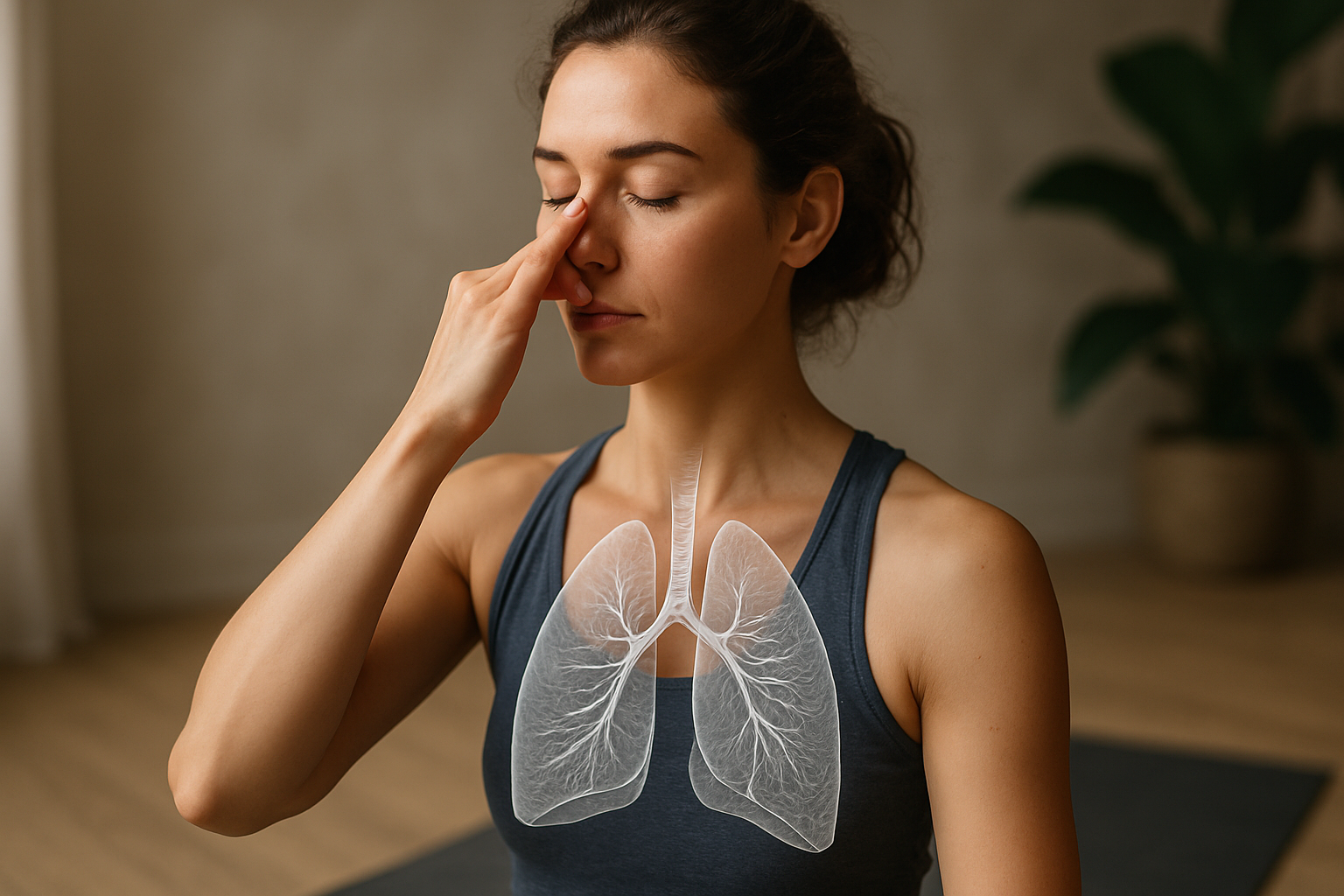Biohacking Your Breath: The Cutting-Edge Science of Breathwork
Can the way you breathe transform your health and performance? Recent scientific breakthroughs suggest that conscious breathing techniques, long practiced in ancient traditions, may hold the key to unlocking our body's hidden potential. From boosting cognitive function to enhancing athletic performance, the emerging field of breathwork is revolutionizing our approach to wellness.

The Science Behind the Breath
Recent neurological studies have revealed the profound impact breathing has on our brain and nervous system. The rhythm and depth of our breath directly influence the activity in the brain stem, affecting everything from heart rate to stress responses. Research from Stanford University has shown that specific breathing patterns can activate different neural networks, potentially altering our emotional states and cognitive abilities.
Breathwork and Stress Reduction
One of the most promising applications of breathwork is in stress management. A groundbreaking study published in the Journal of Alternative and Complementary Medicine found that certain breathing techniques can significantly reduce cortisol levels, the body’s primary stress hormone. This reduction in stress not only improves mental well-being but also has cascading effects on physical health, including improved immune function and reduced inflammation.
Enhancing Athletic Performance Through Breath
Athletes and fitness enthusiasts are increasingly turning to breathwork to gain a competitive edge. Research from the University of Southern California has demonstrated that controlled breathing exercises can improve lung capacity and oxygen utilization, leading to enhanced endurance and faster recovery times. Professional athletes across various sports are now incorporating breathwork into their training regimens, reporting improved focus, reduced pre-competition anxiety, and better overall performance.
Breathwork for Cognitive Enhancement
Perhaps one of the most exciting developments in breathwork research is its potential to enhance cognitive function. A study conducted at the University of California, San Diego, found that certain breathing techniques can increase activity in the prefrontal cortex, the area of the brain responsible for executive functions like decision-making and problem-solving. Participants who practiced these techniques showed improvements in memory, attention, and creative thinking skills.
The Future of Breathwork: Personalized Breathing Protocols
As research in this field progresses, scientists are working on developing personalized breathing protocols tailored to individual needs and goals. Using advanced biofeedback technology, researchers can now measure the real-time effects of different breathing patterns on various physiological markers. This data is being used to create customized breathwork routines that address specific health concerns or performance objectives, ushering in a new era of precision wellness.
Breathwork Techniques for Optimal Health
-
Box Breathing: Inhale for 4 counts, hold for 4, exhale for 4, hold for 4. Repeat.
-
4-7-8 Technique: Inhale for 4 counts, hold for 7, exhale for 8. Aids relaxation.
-
Diaphragmatic Breathing: Deep belly breathing engages the diaphragm fully.
-
Alternate Nostril Breathing: Alternately close one nostril while breathing through the other.
-
Coherent Breathing: Breathe at a rate of 5 breaths per minute for autonomic nervous system balance.
As we continue to uncover the profound impact of breathing on our overall health and performance, it’s clear that breathwork is more than just a passing trend. By harnessing the power of our breath, we have the potential to unlock new levels of physical, mental, and emotional well-being. As research in this field advances, breathwork may soon become an integral part of mainstream healthcare and performance optimization strategies, offering a natural, accessible tool for enhancing our quality of life.






